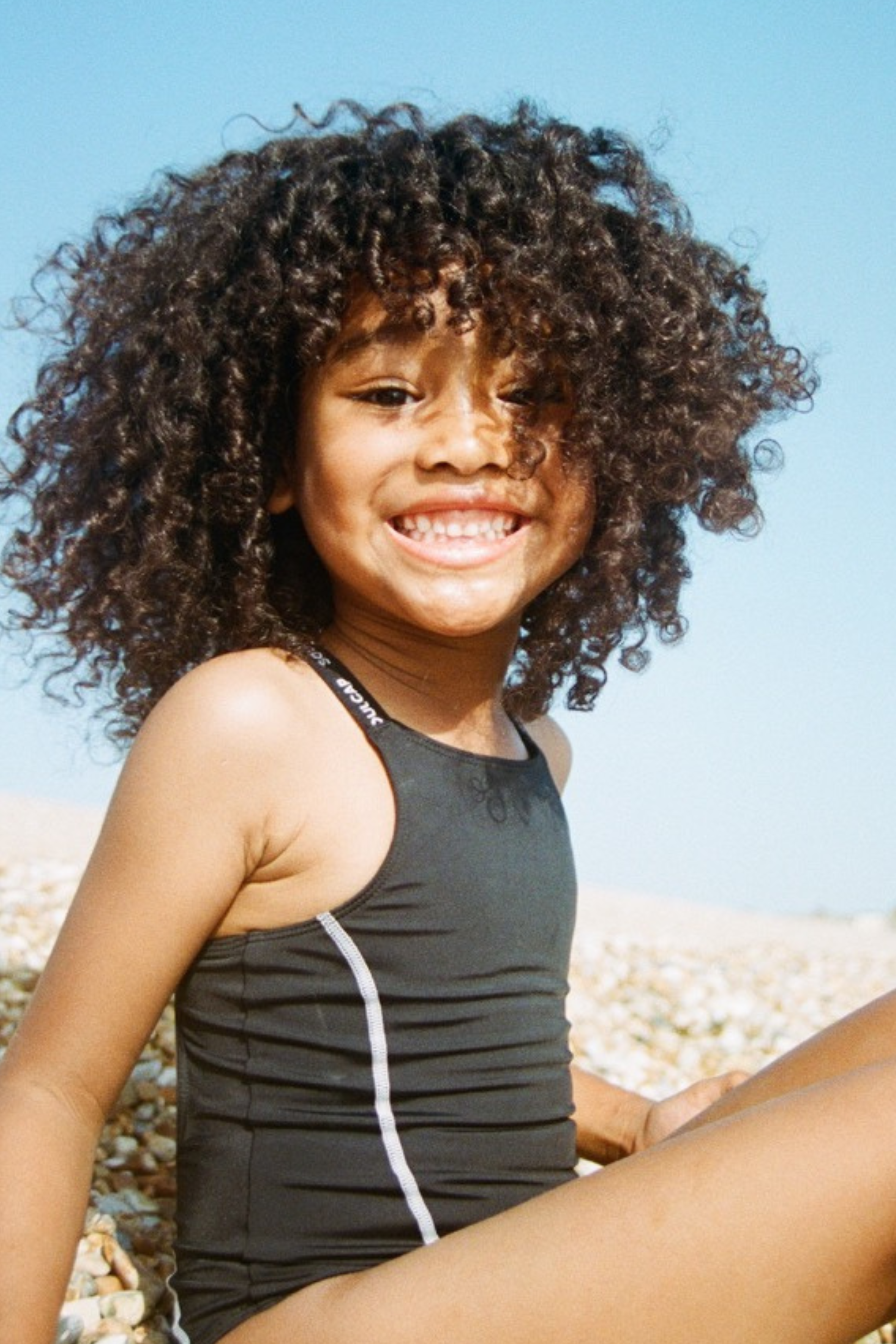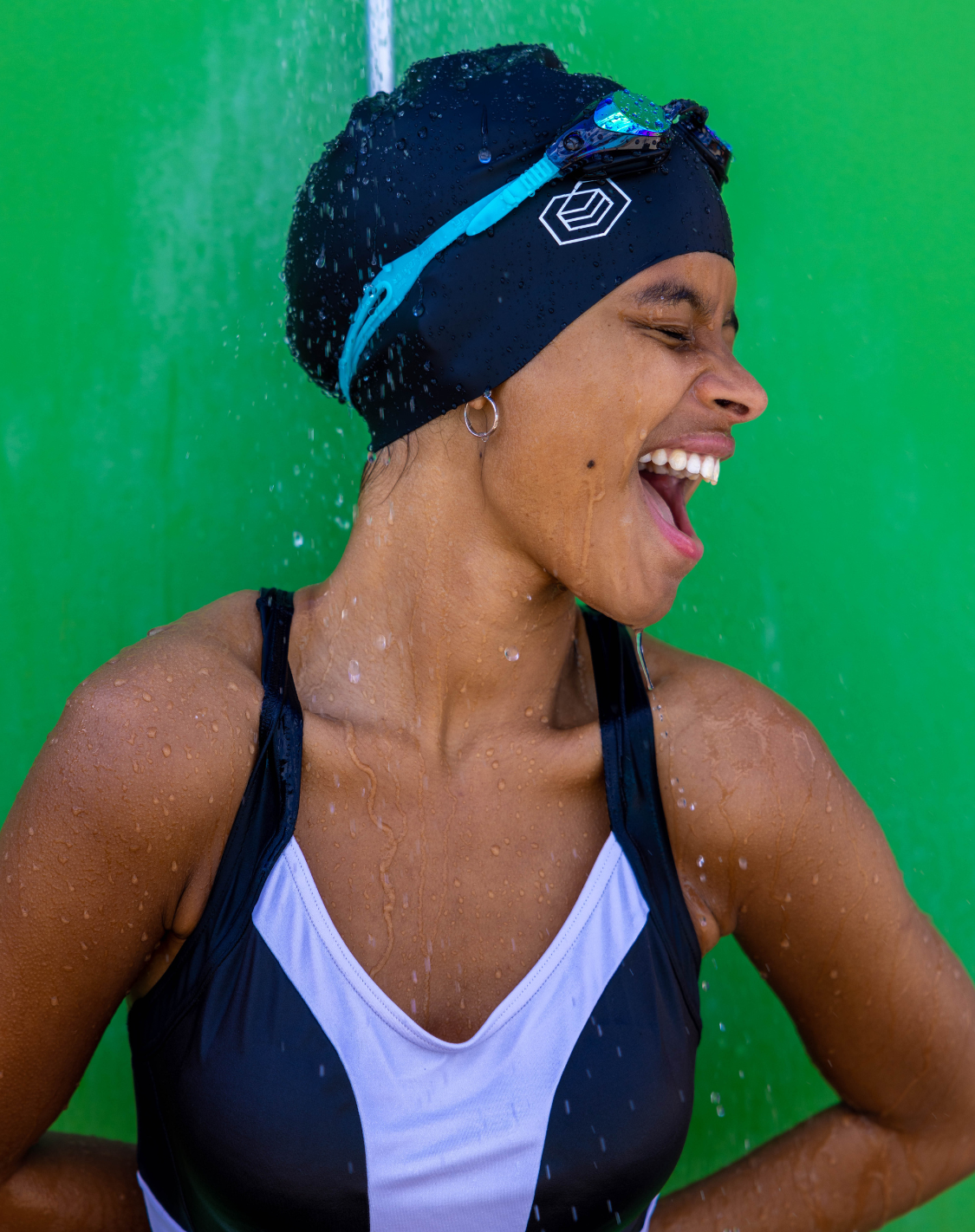
SWIM PROUD
Swimming is much more than a sport, much more than a leisure activity. It’s a survival skill.
We partnered with Studio Exception, an inclusive innovation consultancy, to conduct interviews with Black swimmers and non-swimmers across the UK. Our goal was to gain insight into the barriers that keep many of us from learning to swim in our communities around the UK.
We identified six significant barriers that limit us from learning the water safety skills needed to safeguard ourselves and our families. These six obstacles prevent us from fully enjoying water activities and swimming proud.
Our mission is to help break down these barriers. All of us should feel comfortable in the water, nothing should stand in our way.
Not shame. Not history. Not fear. Not accessibility. Accessibility is a barrier SOUL CAP has the power to help change.
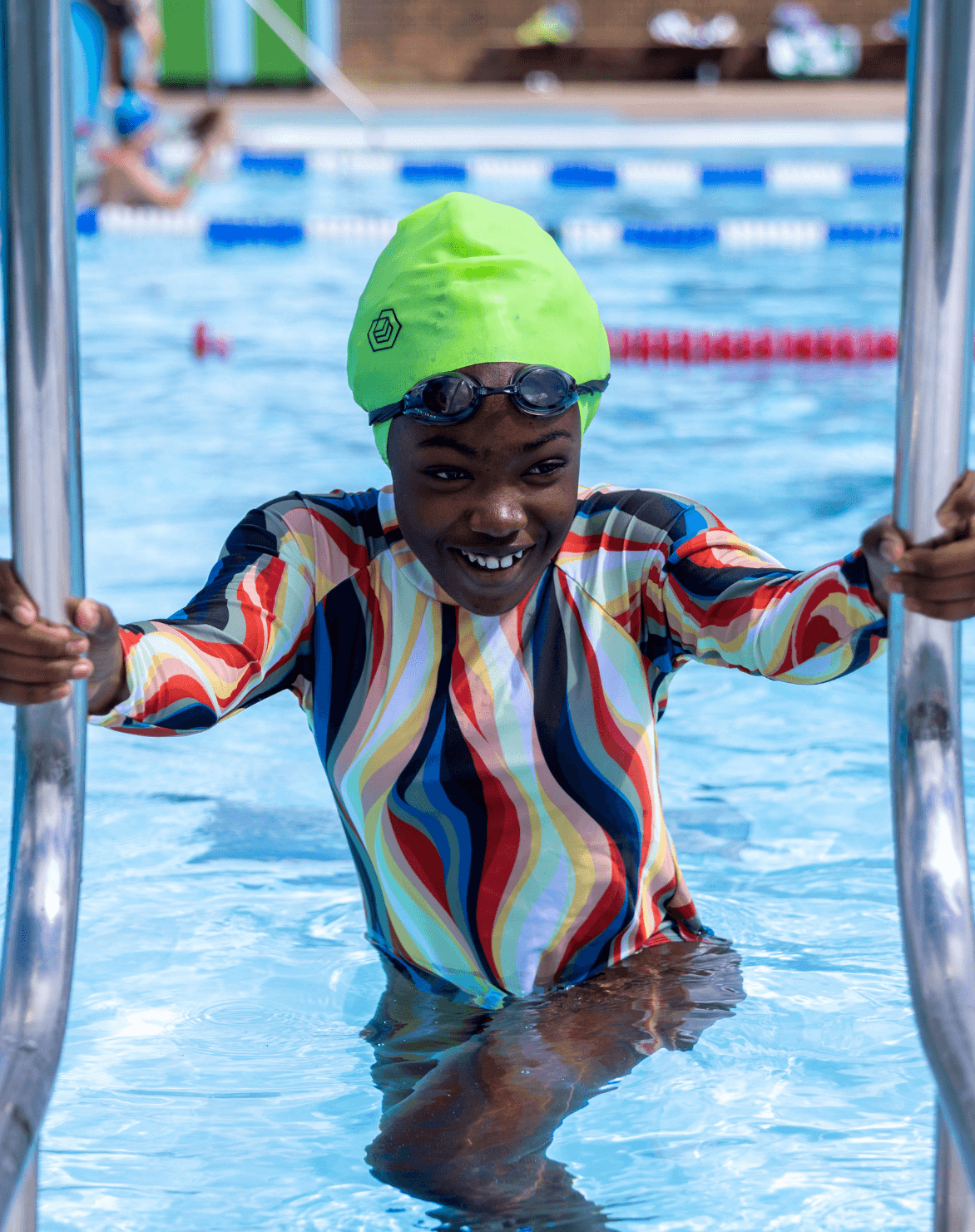
SWIM PROUD FUND
SOUL CAP is donating £100,000 over the next 5 years to underserved communities.
We're committed to supporting swimming programmes and water-safety initiatives throughout the UK.
Through the SOUL CAP Foundation, we will help mobilise grassroot initiatives.
The fund can be used in various ways, such as supporting the cost of swim lessons, providing financial assistance to aspiring swim teachers, purchasing equipment, and promoting community-based swim initiatives.
The application window is currently closed.
Our Research Participants
Our research included swimmers and non-swimmers, who shared common opinions and struggles. Although each of their paths into the water – or away from it – has its own individual barriers.
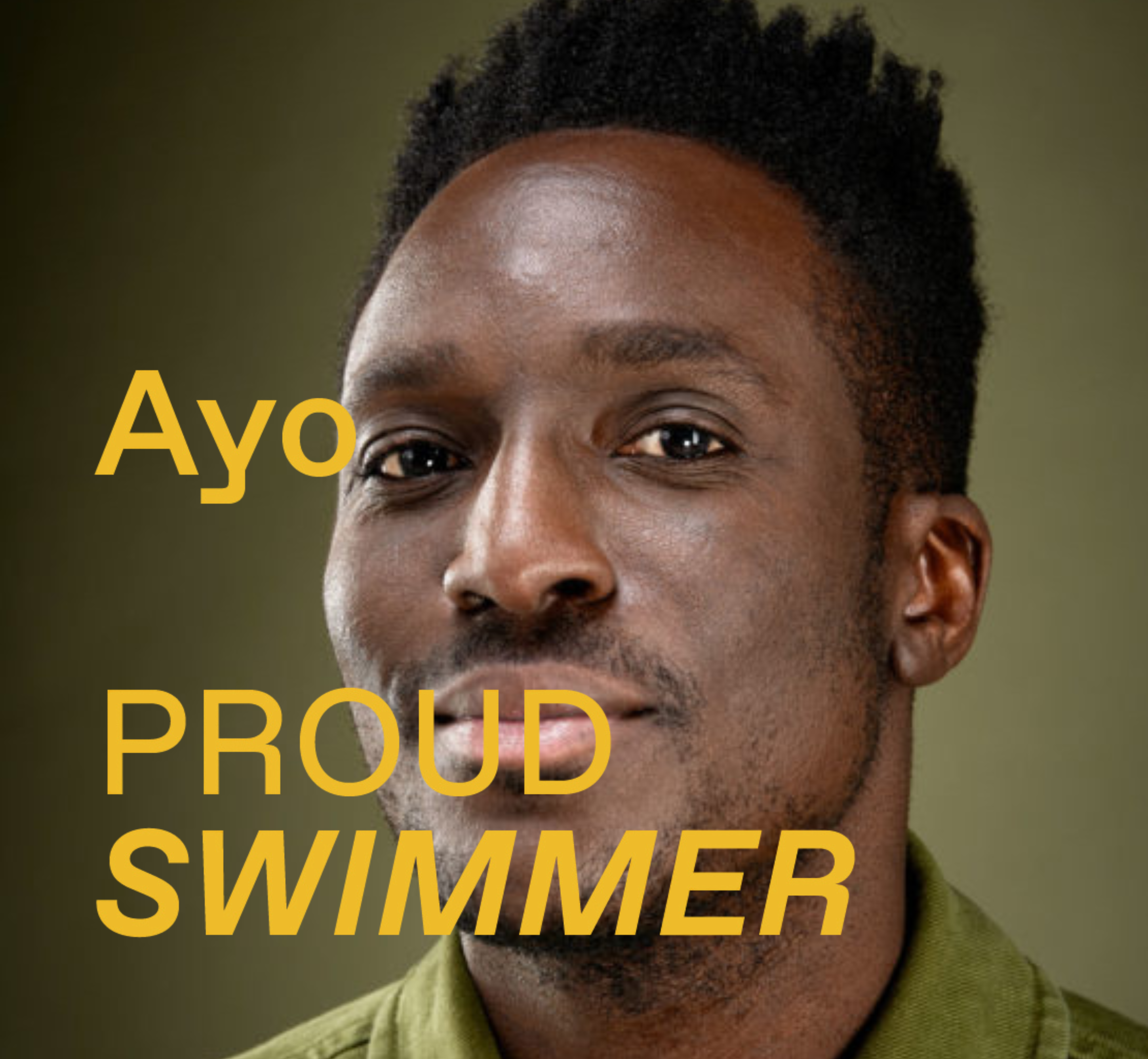
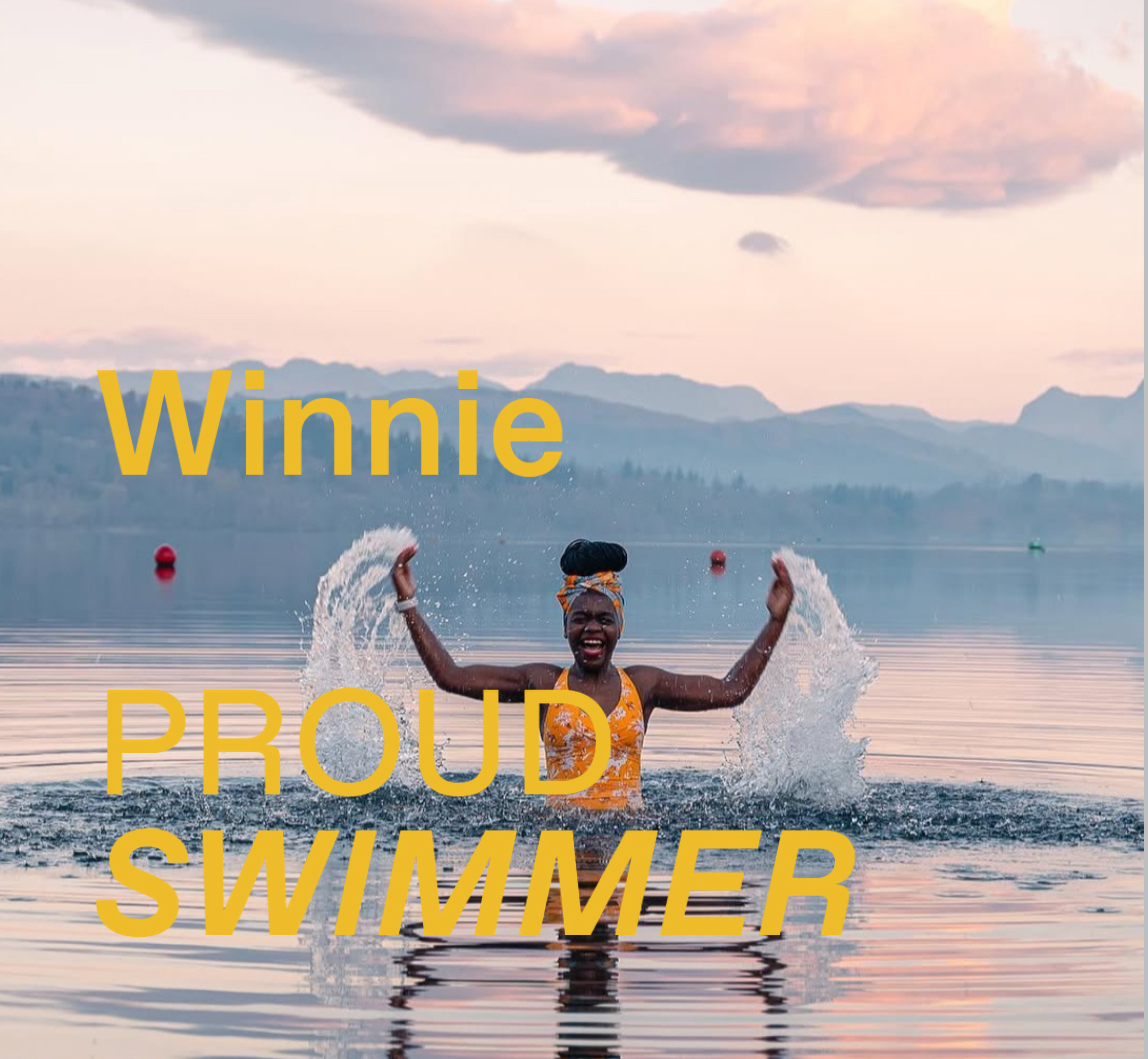
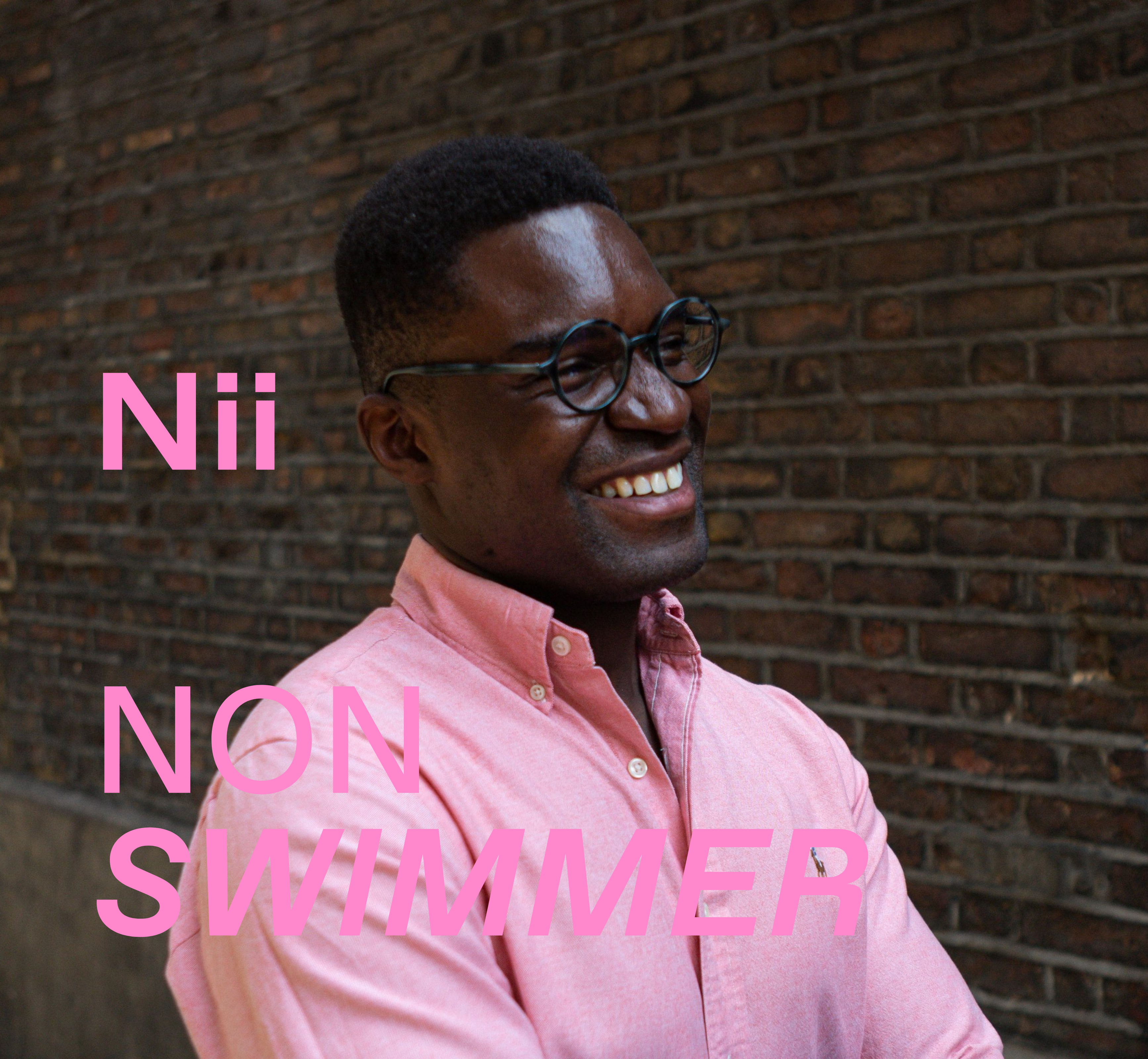
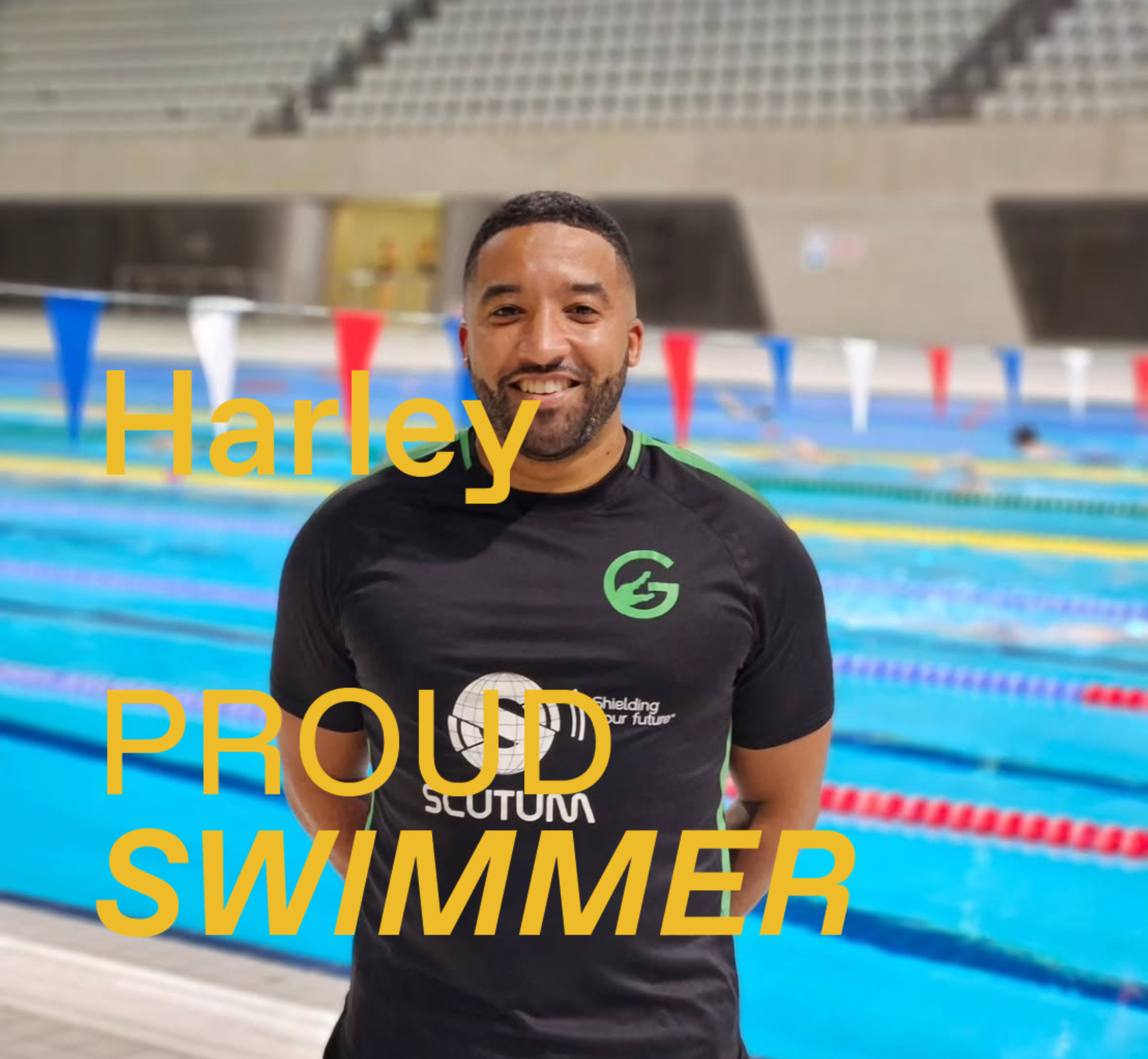
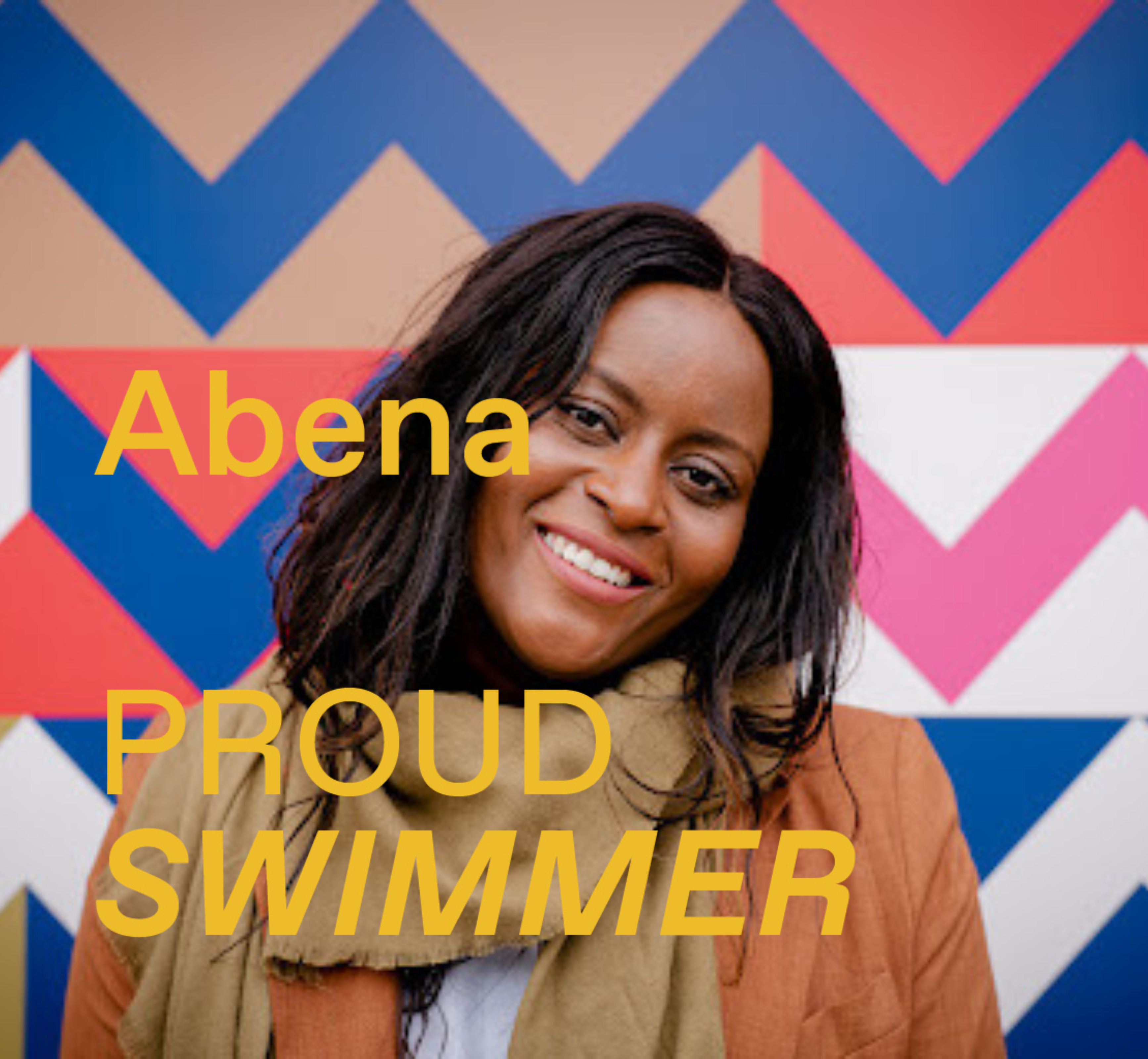
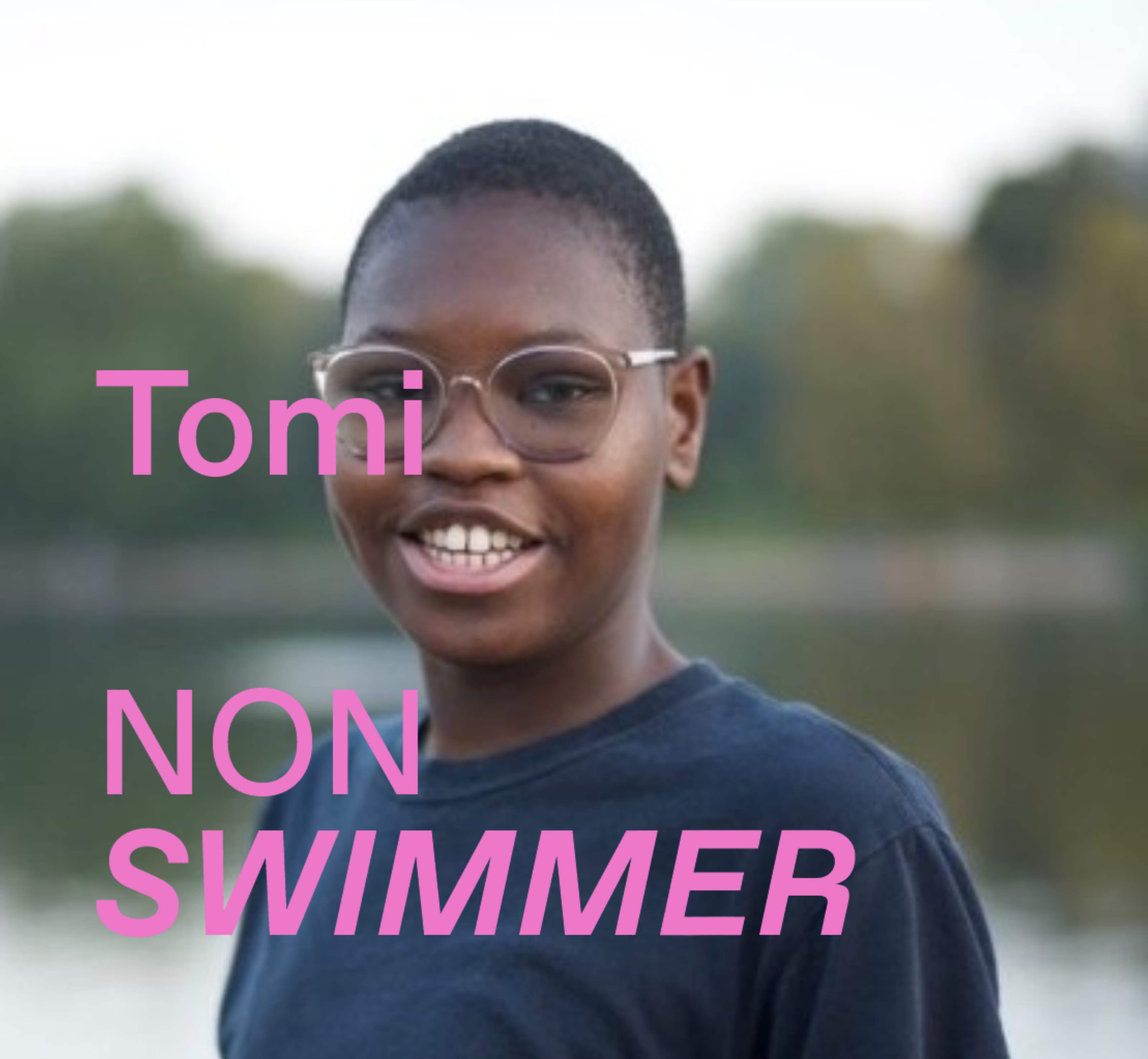
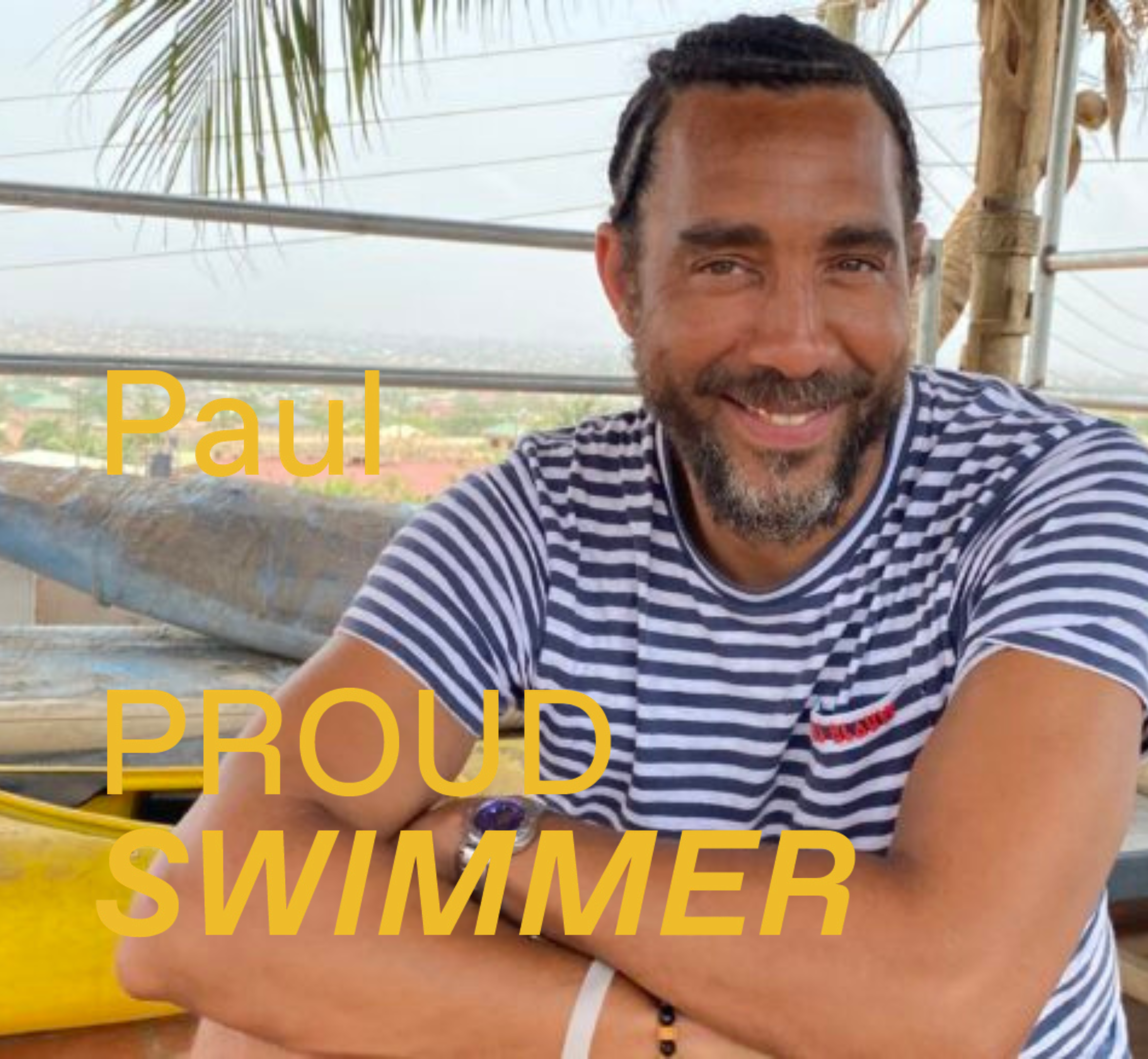
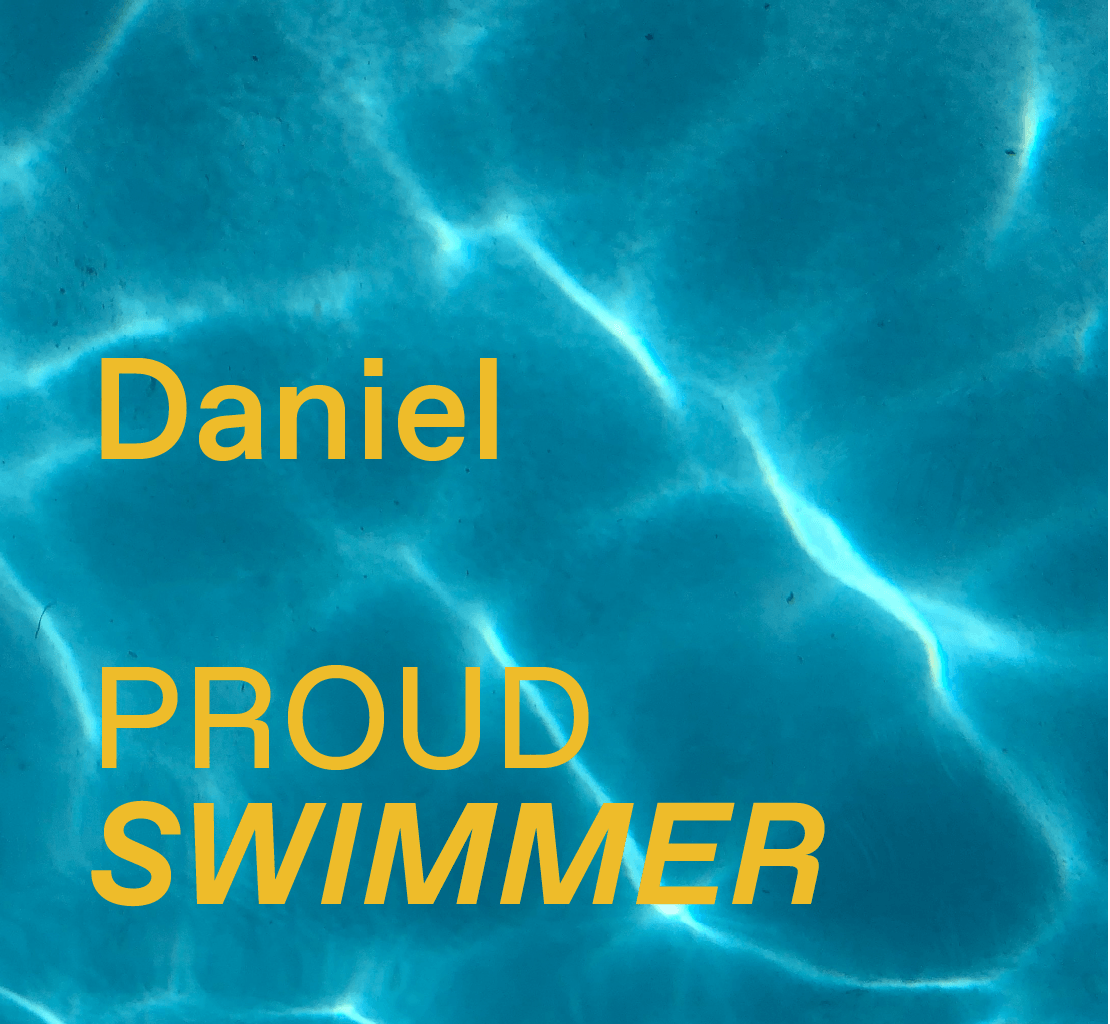
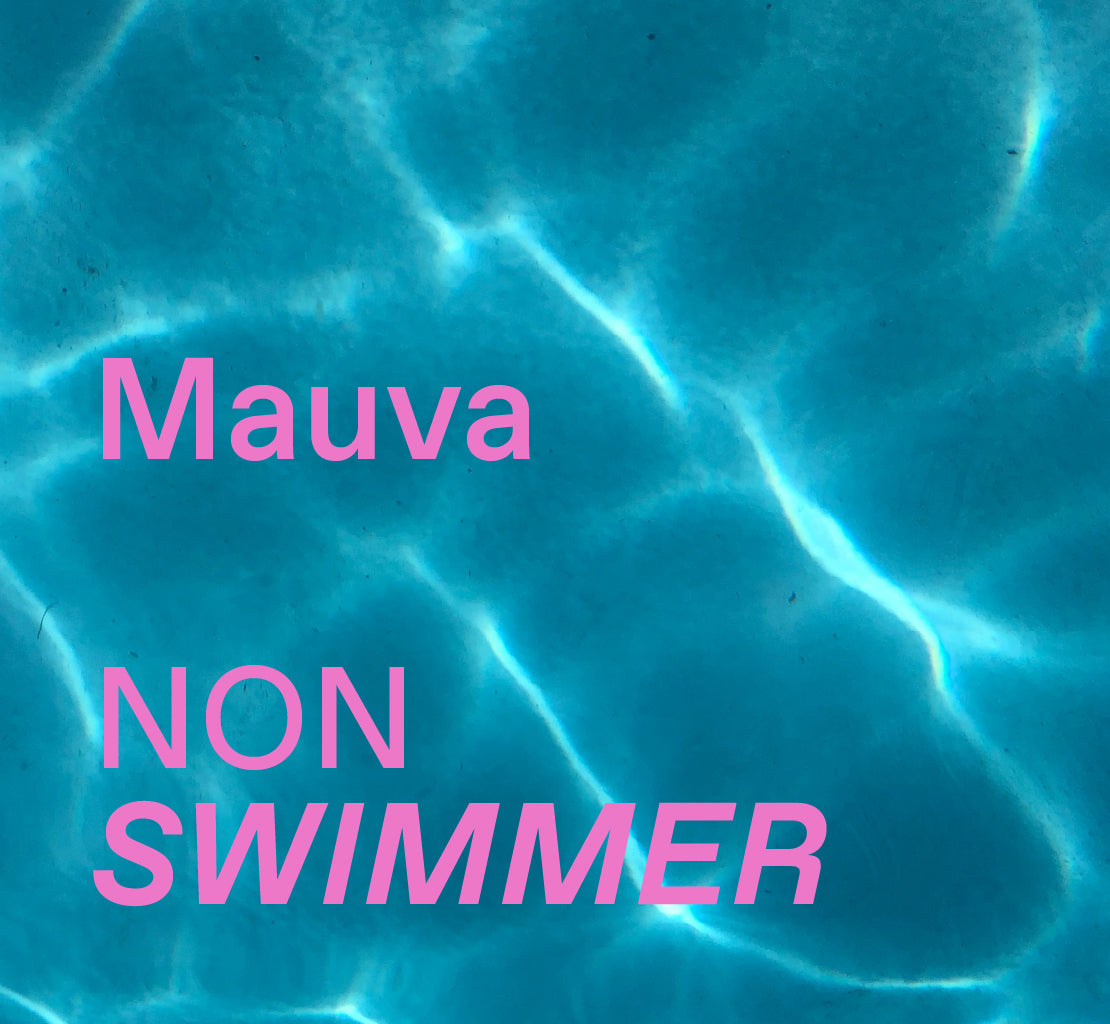
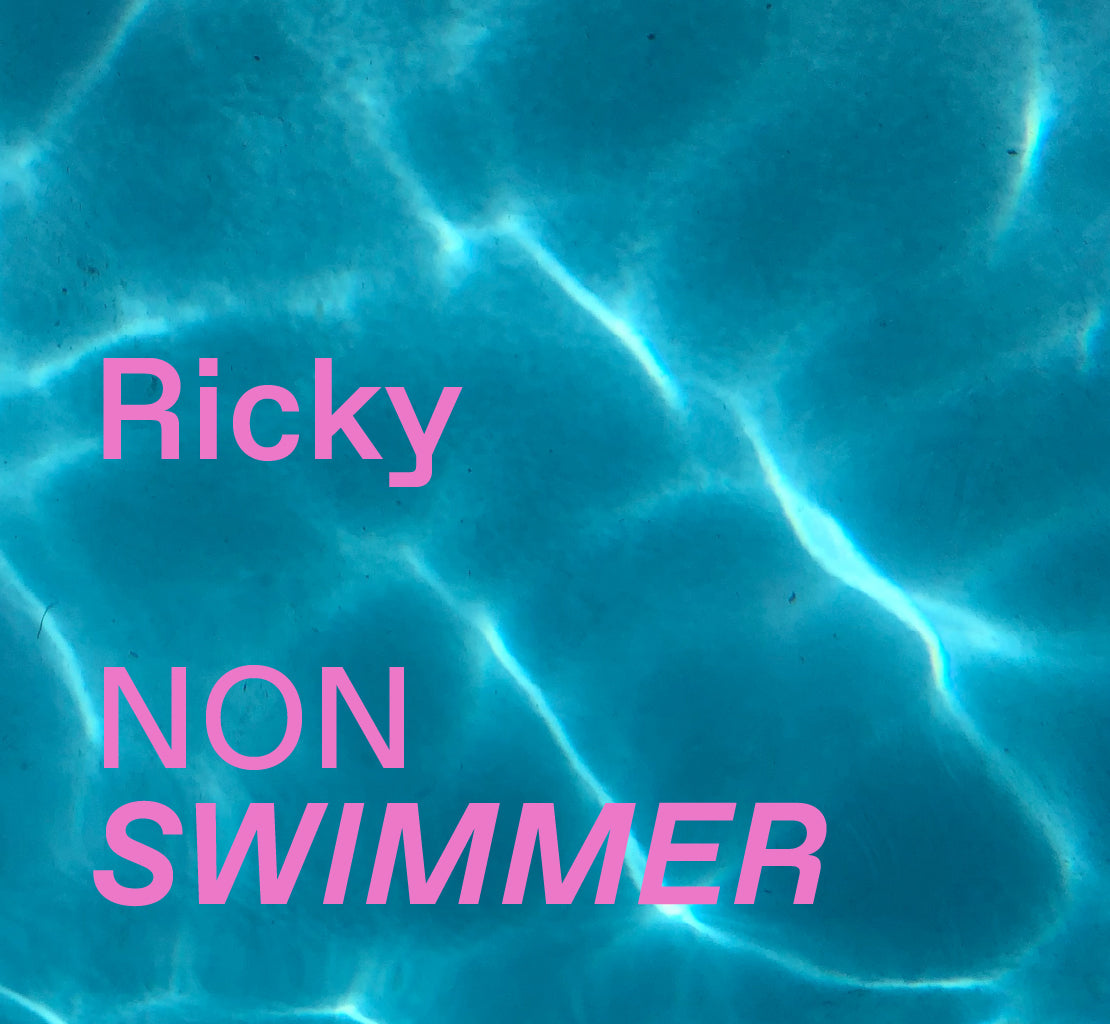
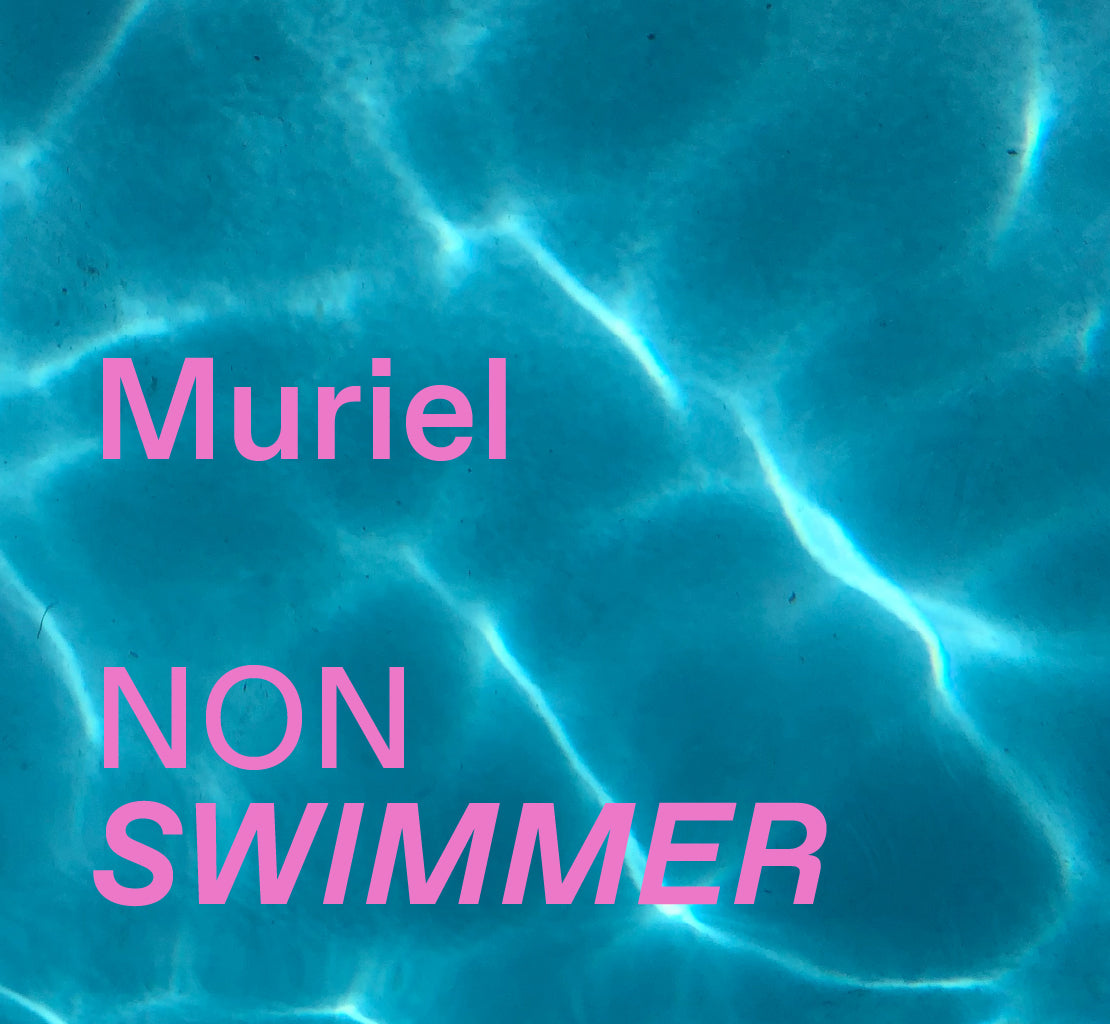
Interview Insights
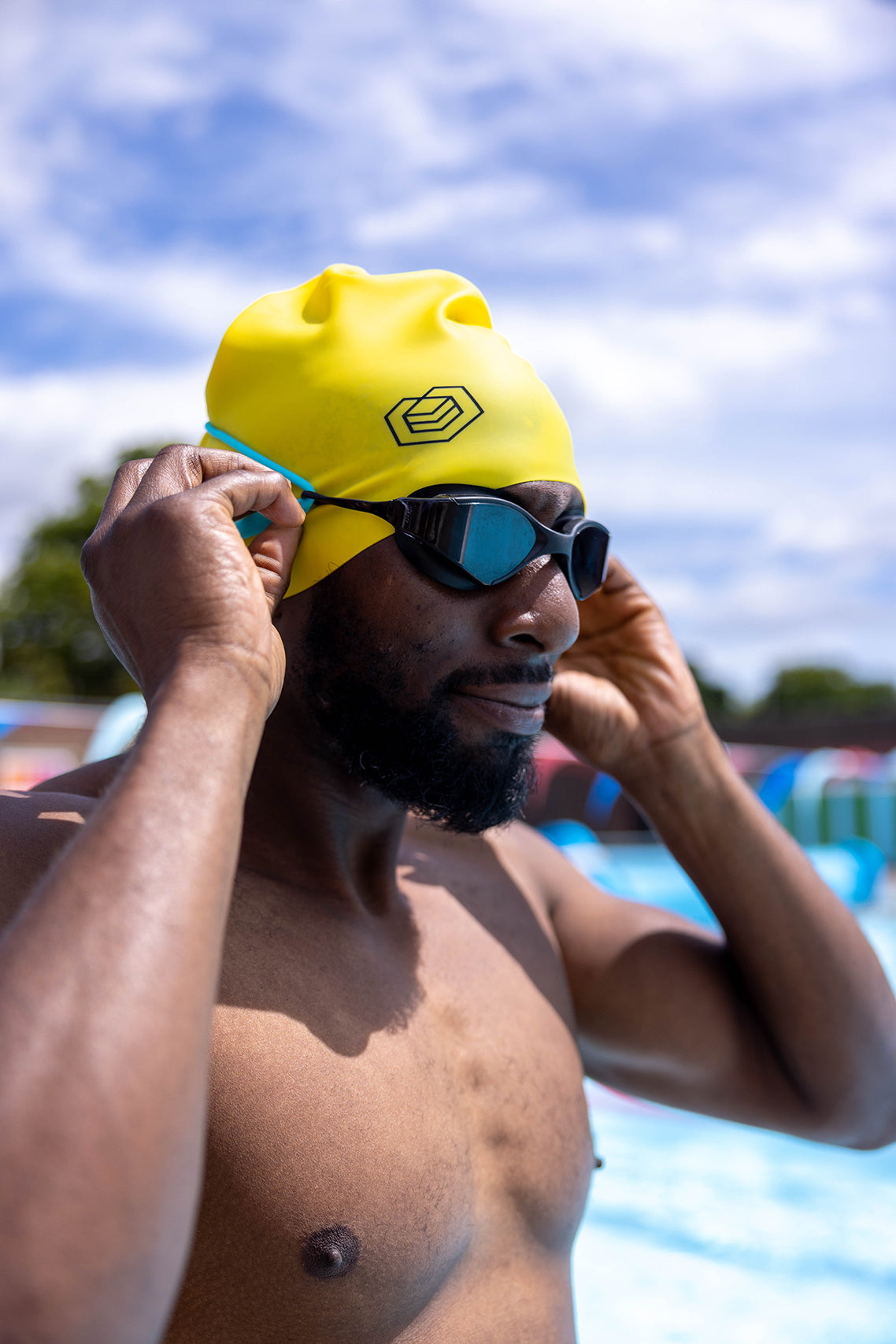
INHERITED FEAR & DISADVANTAGE
Read More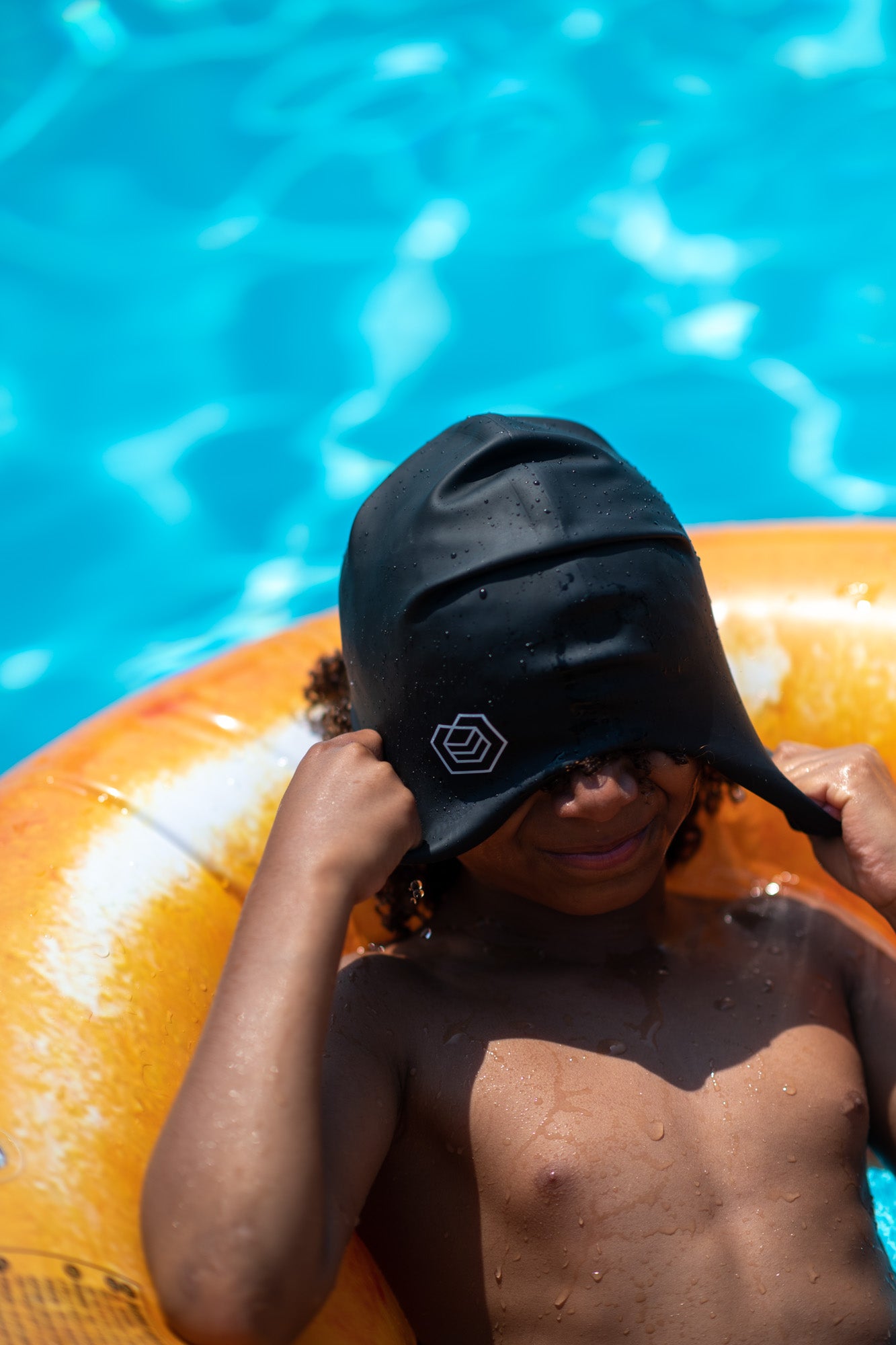
PRIDE & SHAME
Read More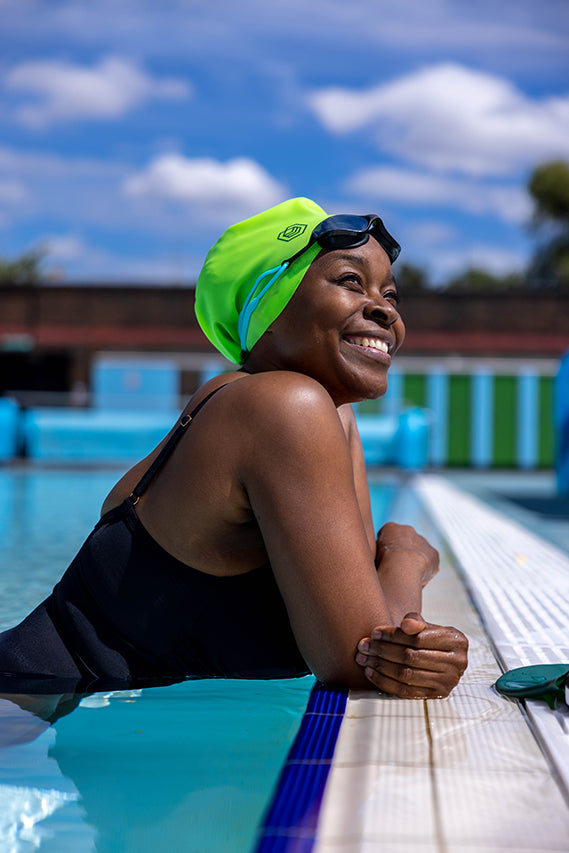
MYTHS & PREJUDICE
Read More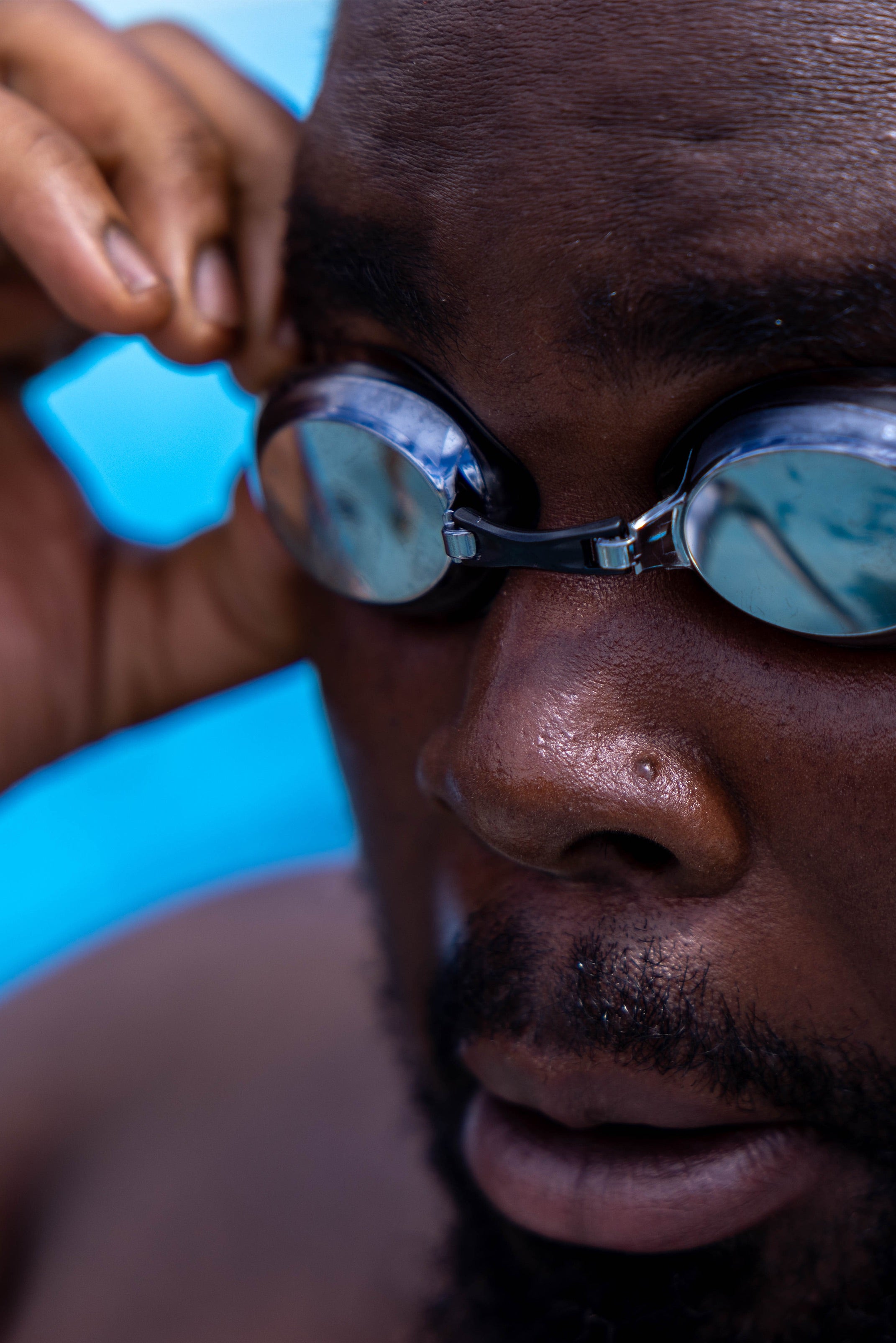
RACISM & REPRESENTATION
Read More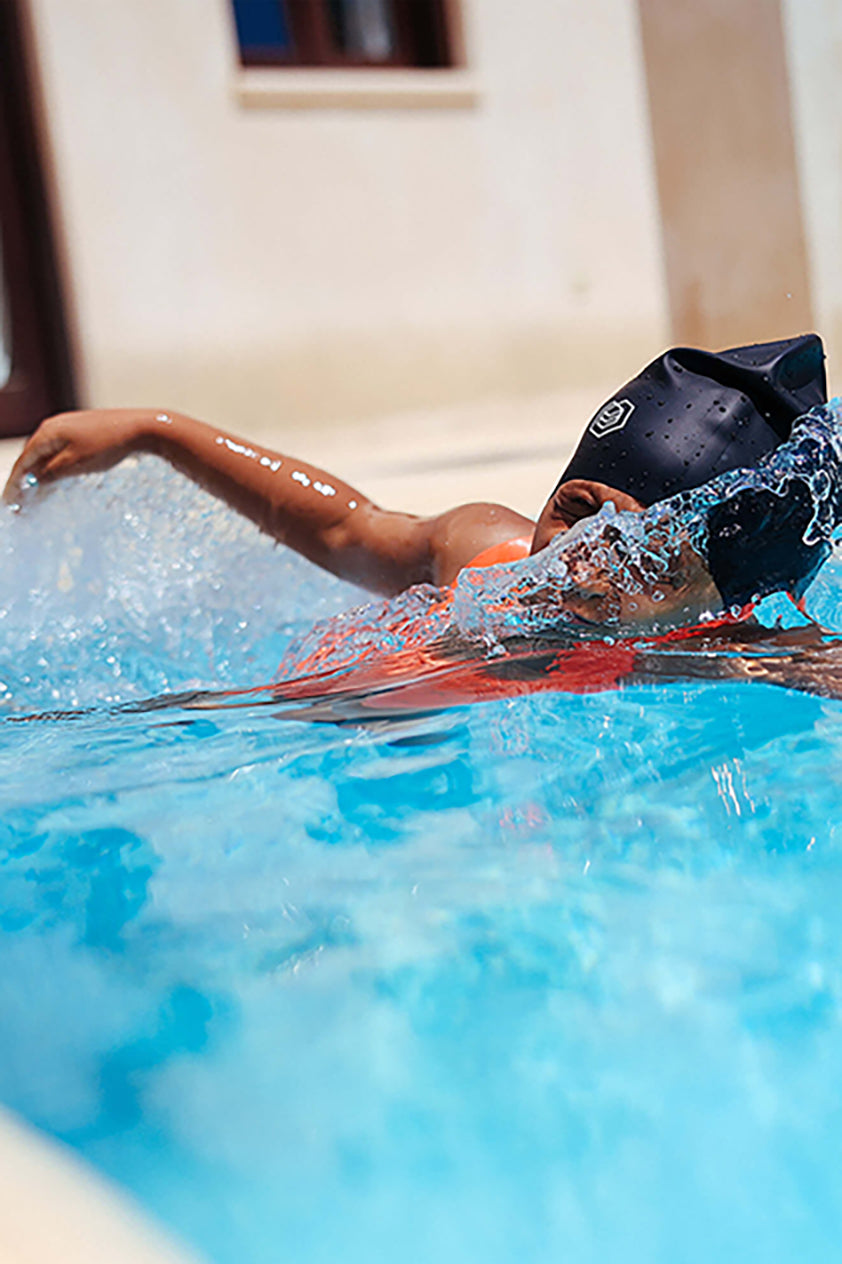
ACCESS
Read More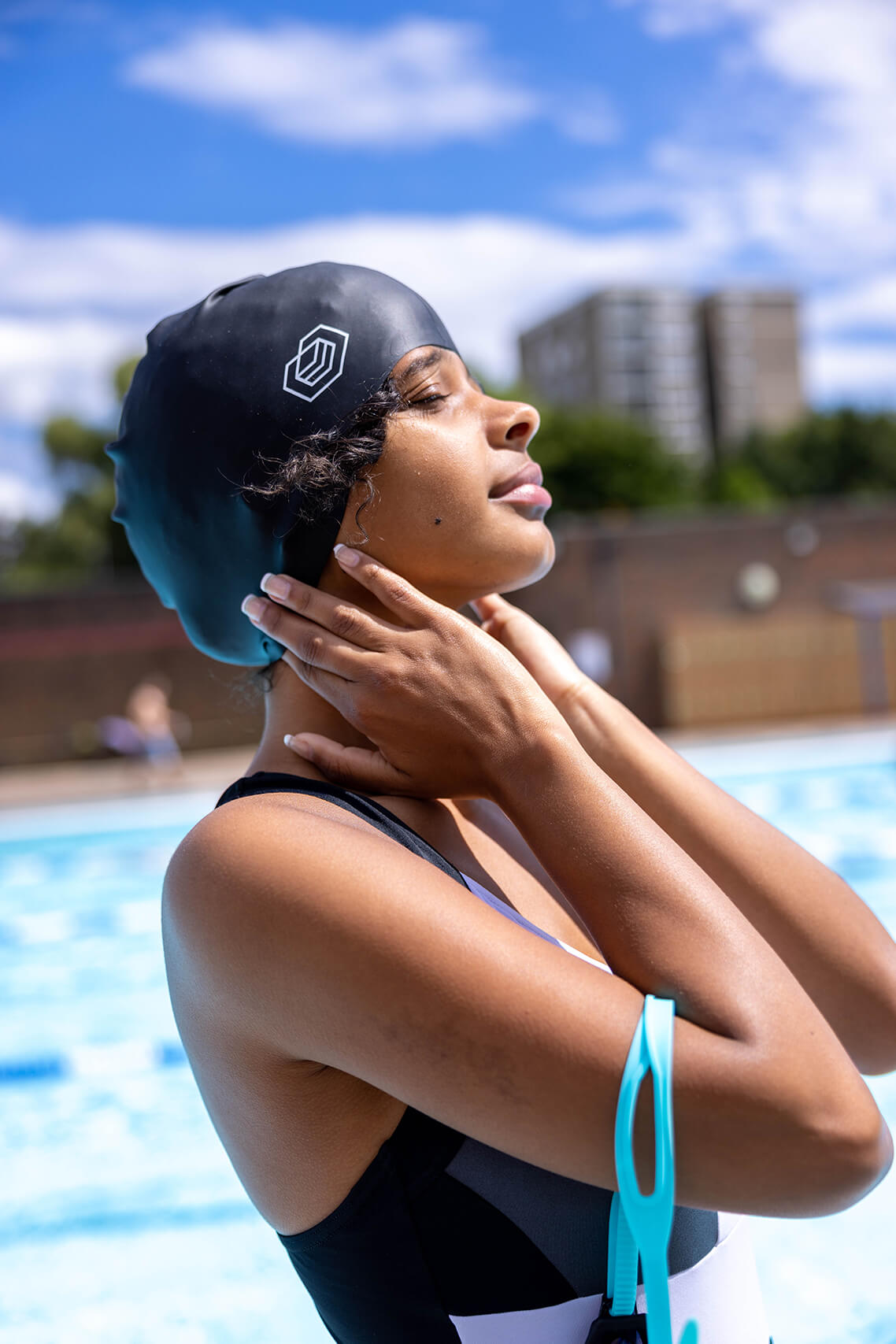
HAIR
Read MoreMake Waves — Get 10% Off Your First Order
We’ll only send you what matters in the water – from new swim drops and exclusive deals to events that bring the swim community together.
